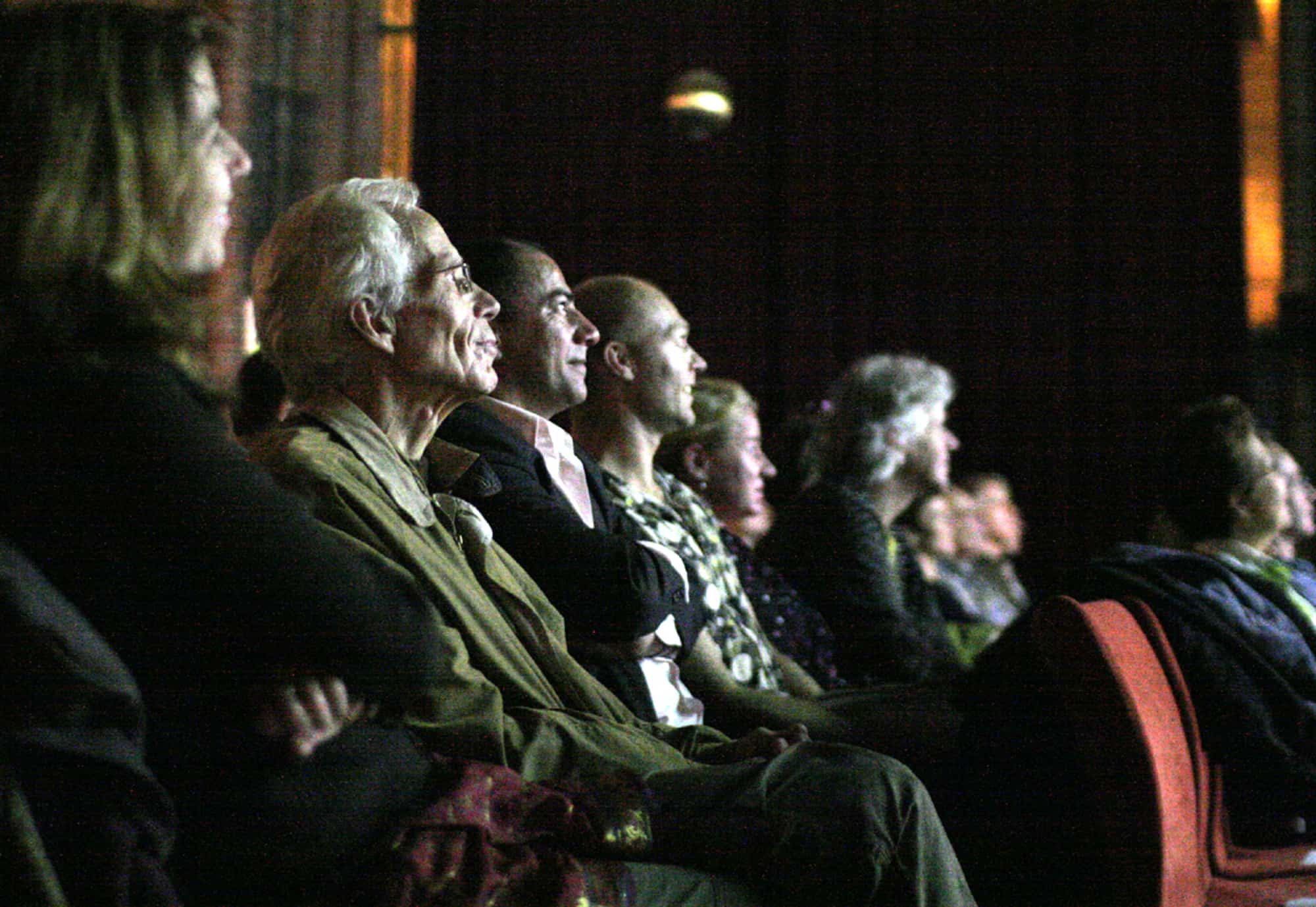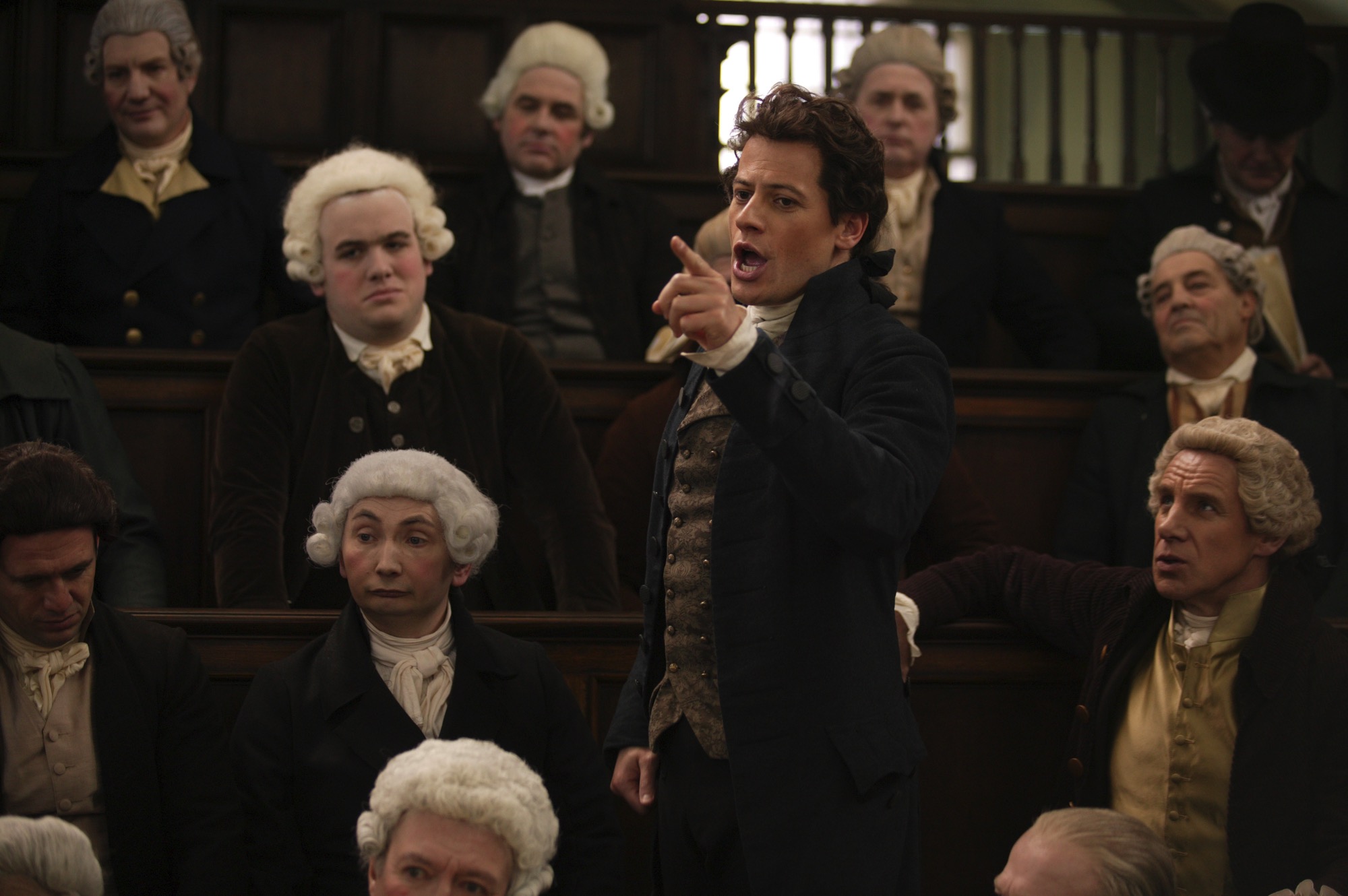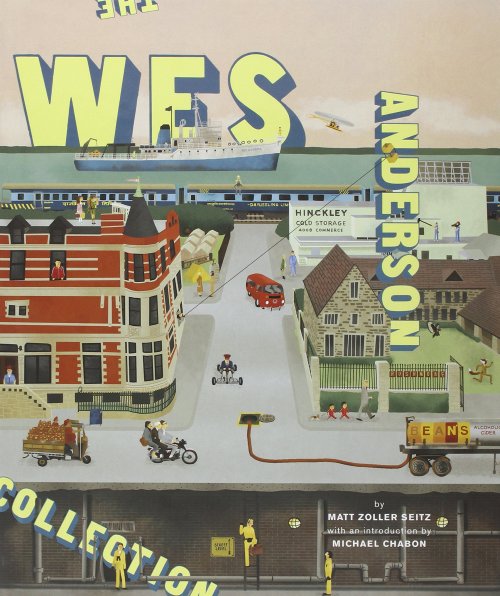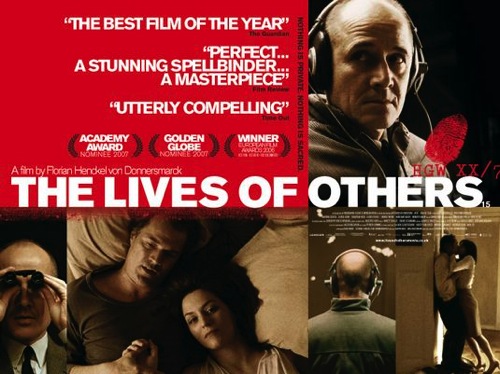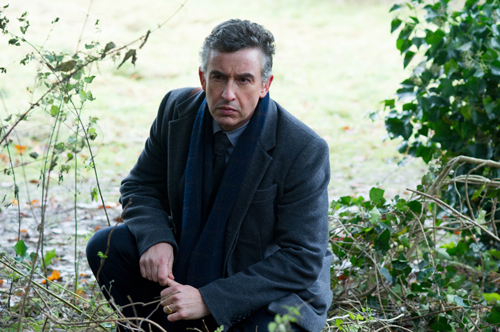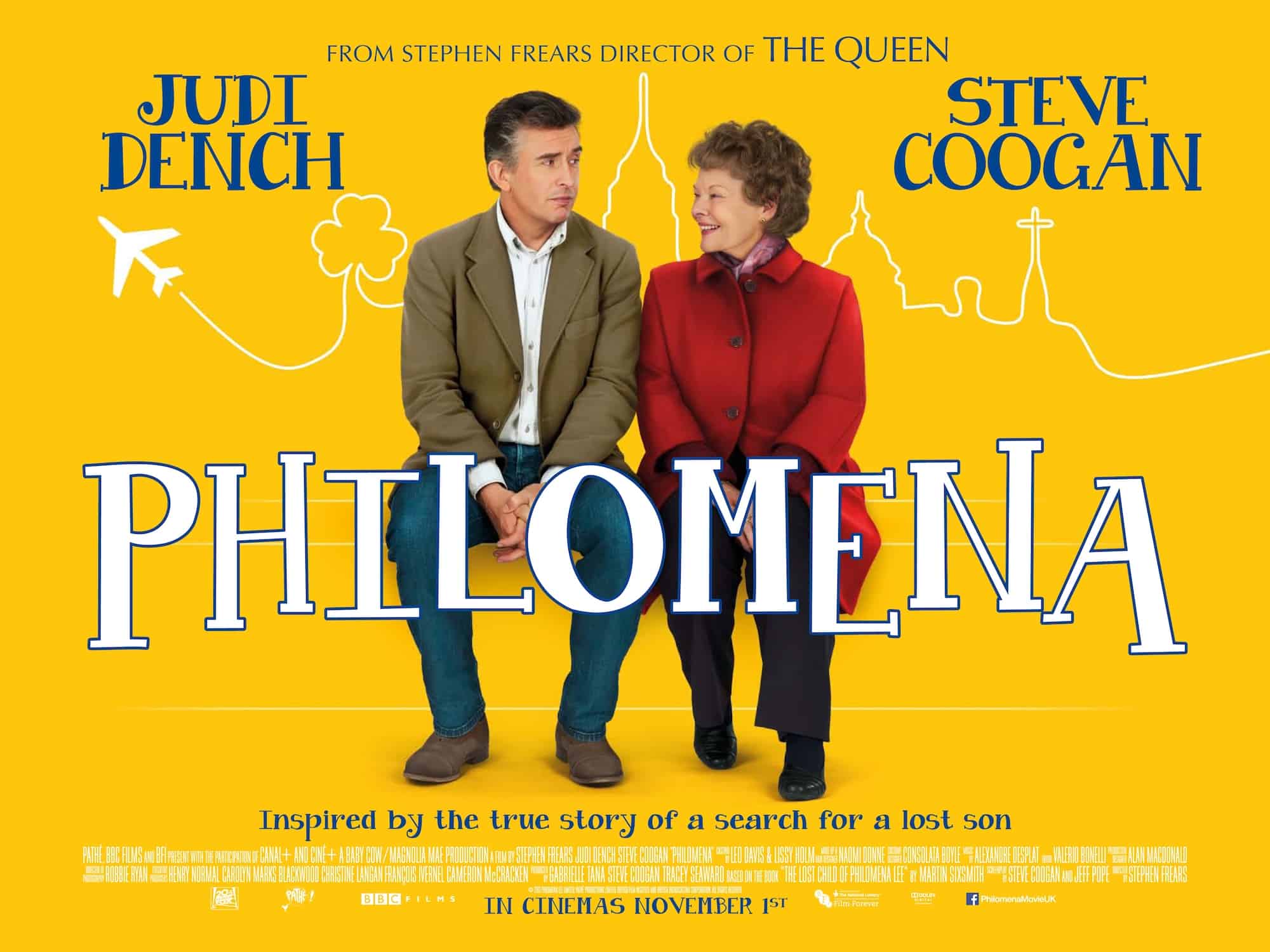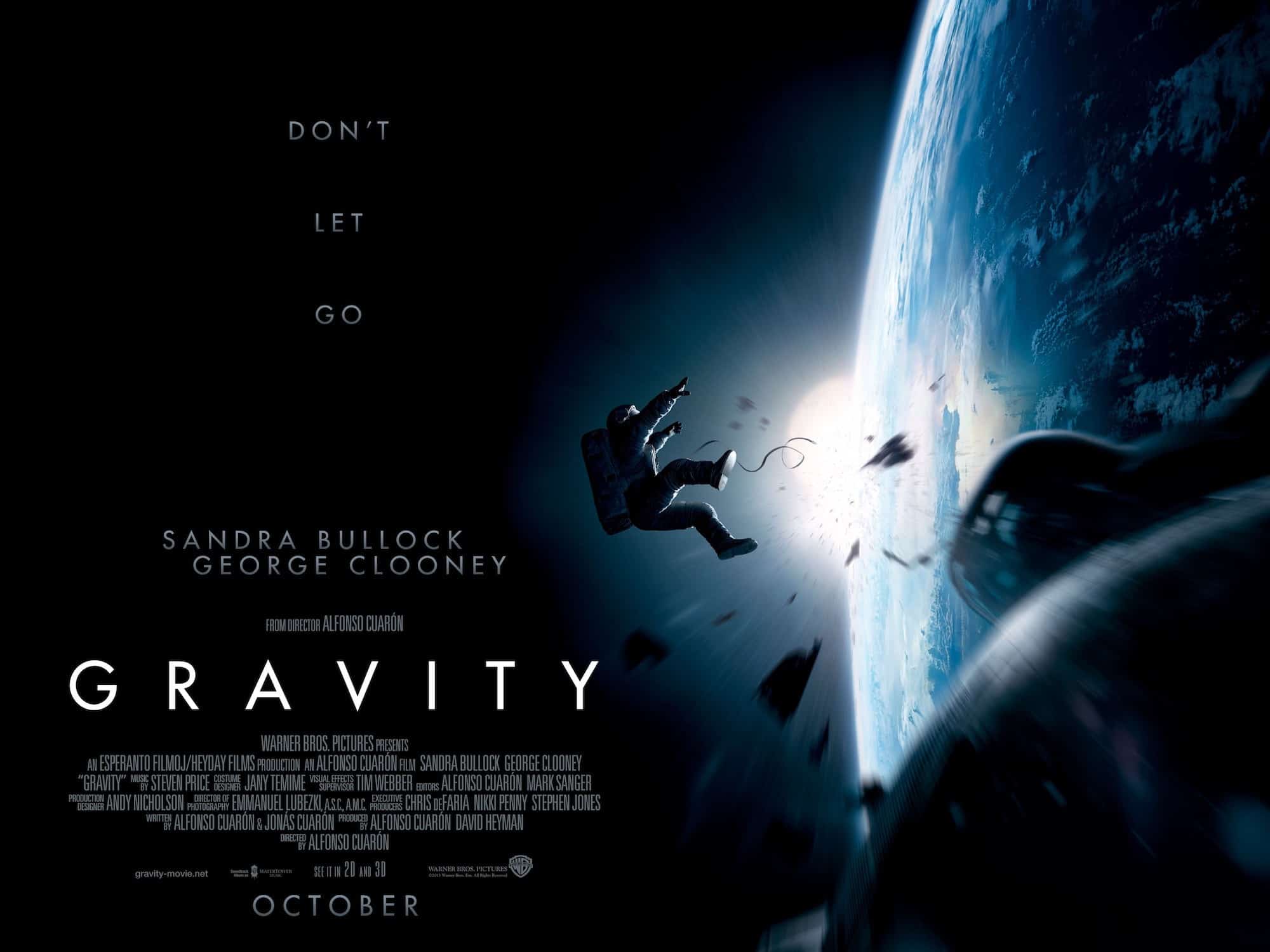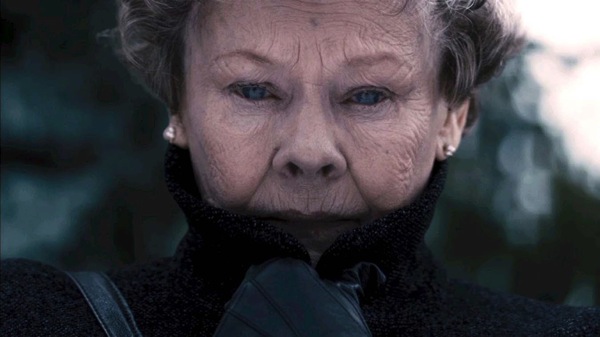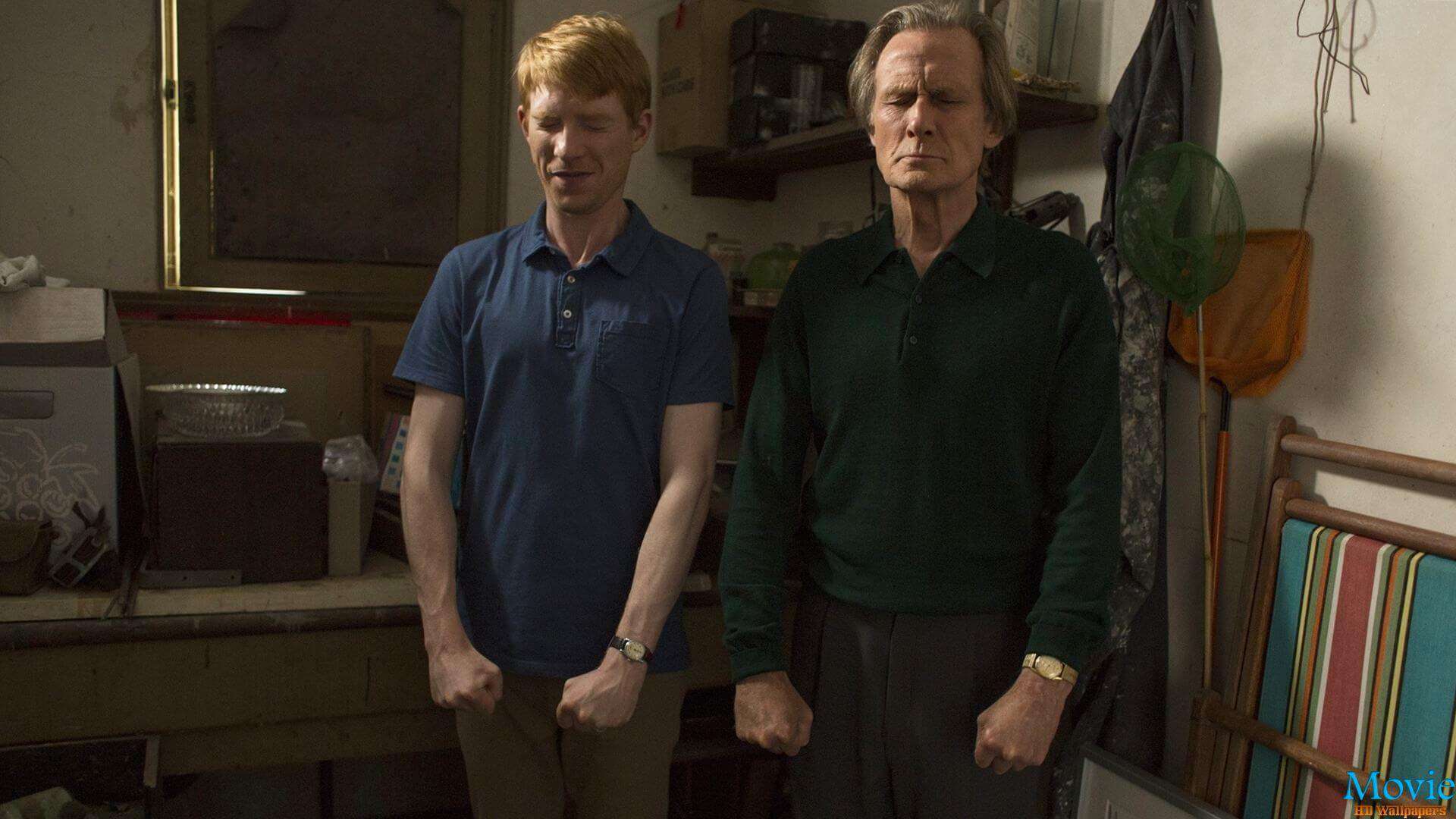A thousand years in the future, the high-tech world of the 21st-century is ancient history. It is of interest only to archaeologists who look for old tech – fragments left after from the 60-minute war which wiped away civilisation around the globe. Facing dwindling resources, the towns and cities have become mobile, travelling around the plains on vast caterpillar tracks in pursuit of smaller, slower towns which are sources of valuable resources as well as potential competition. This is “Municipal Darwinism” – survival of the fastest. The largest of the predator cities is London – a vast multi-deck machine with enormous metal jaws into which can be drawn prey such as the small mining town which attempts to escape at the start of this story.


